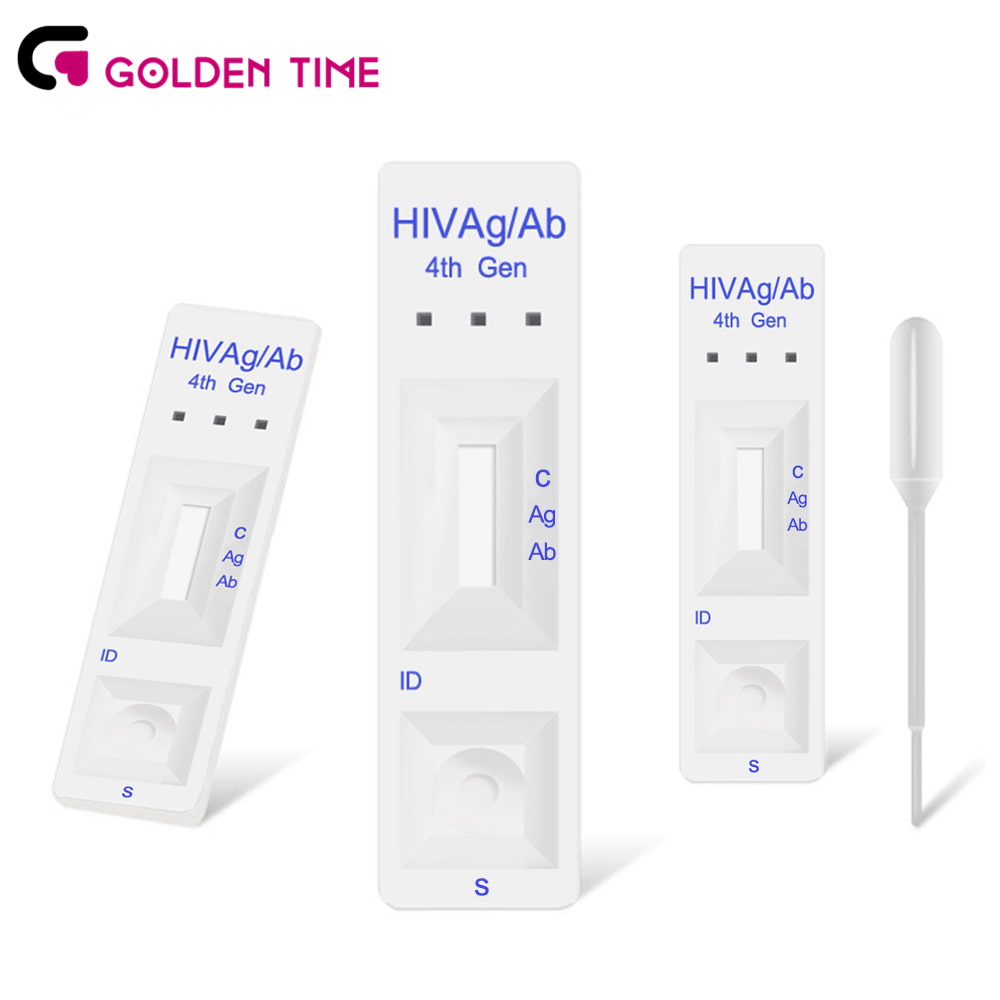ਦਸੰ. . 15, 2024 10:52 Back to list
Top Suppliers for Quick and Accurate Malaria Testing Solutions in the Industry
Best Rapid Malaria Test Suppliers Ensuring Timely and Accurate Diagnosis
Malaria, a life-threatening disease caused by parasites transmitted through the bites of infected mosquitoes, remains a significant global health challenge. Accurate and timely diagnosis is crucial for effective treatment and control. Rapid diagnostic tests (RDTs) have emerged as essential tools in the fight against malaria, enabling healthcare providers to diagnose the disease quickly in various settings, including remote and resource-limited areas. As the demand for RDTs continues to grow, identifying reliable suppliers is vital for healthcare providers and governments aiming to implement effective malaria control strategies.
The Importance of Rapid Diagnostic Tests
Rapid diagnostic tests for malaria are designed to detect specific antigens or antibodies in a patient's blood, providing results in as little as 15-30 minutes. Unlike traditional microscopy or blood smears, which require laboratory equipment and trained personnel, RDTs can be performed at the point of care. This quick turnaround time allows for immediate treatment decisions, thereby reducing the risk of severe disease and mortality associated with malaria.
Criteria for Selecting RDT Suppliers
When choosing a supplier for rapid malaria tests, several factors must be considered to ensure quality and reliability
1. Regulatory Approval It is essential that the tests are approved by relevant regulatory authorities, such as the World Health Organization (WHO) or local health regulatory agencies. This approval ensures that the tests meet international quality standards.
2. Sensitivity and Specificity The performance of RDTs is measured by their sensitivity (ability to correctly identify those with malaria) and specificity (ability to correctly identify those without malaria). Reputable suppliers should provide data on their tests' performance metrics, demonstrating high sensitivity and specificity.
3. Quality Assurance and Controls Suppliers should implement rigorous quality control measures during the manufacturing process. Third-party validation and certifications (such as ISO certification) can indicate a commitment to maintaining high quality.
4. Cost and Accessibility While cost is always a consideration, it should not compromise quality. Suppliers should offer competitive pricing to make RDTs accessible to low-resource settings without sacrificing diagnostic accuracy.
best rapid malaria test suppliers

5. Supplier Support and Training A good supplier should also provide support, including training for healthcare providers on how to use the tests effectively. This support is essential to maximize the utility of RDTs in varying healthcare environments.
Notable Suppliers of Rapid Malaria Tests
Some suppliers have established themselves as leaders in the rapid malaria test market
1. Abbott Known for its robust diagnostic portfolio, Abbott offers high-quality RDTs that have been validated for use in diverse settings, ensuring high accuracy and reliability.
2. Roche A global leader in healthcare, Roche provides innovative solutions for malaria diagnosis, including rapid tests that comply with WHO standards.
3. Novo Nordisk This company has made significant investments in developing reliable RDTs that cater to low-resource settings, helping improve malaria diagnostics worldwide.
4. SD Biosensor Specializing in rapid testing technologies, SD Biosensor offers a range of malaria RDTs known for their competitive performance and affordability.
5. Diagnostic Technologies This supplier focuses on innovative diagnostic solutions for infectious diseases, providing RDTs that combine accuracy with ease of use.
Conclusion
The fight against malaria hinges on timely and accurate diagnosis. Rapid diagnostic tests are vital tools in this struggle, enabling healthcare workers to make quick decisions that can save lives. By choosing reputable suppliers who prioritize quality, regulatory compliance, and support, healthcare providers can enhance their malaria control efforts. As the landscape of malaria diagnosis continues to evolve, ongoing investment in reliable rapid malaria test suppliers will be essential for achieving global health goals and reducing the burden of this preventable disease.
-
Dengue NS1 Rapid Diagnostic Test Kit
NewsMar.07,2025
-
Dengue NS1 Rapid Diagnostic Test Kit
NewsMar.07,2025
-
Dengue NS1 Rapid Diagnostic Test Kit
NewsMar.07,2025
-
Transferrin Rapid Test Cassette Tumor Marker TF Card
NewsMar.07,2025
-
Malaria Pf Pan Rapid Diagnostic Test Kit
NewsMar.07,2025
-
malaria pf / pan ag rapid test
NewsMar.07,2025

